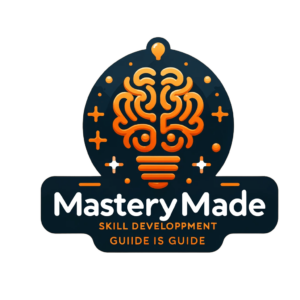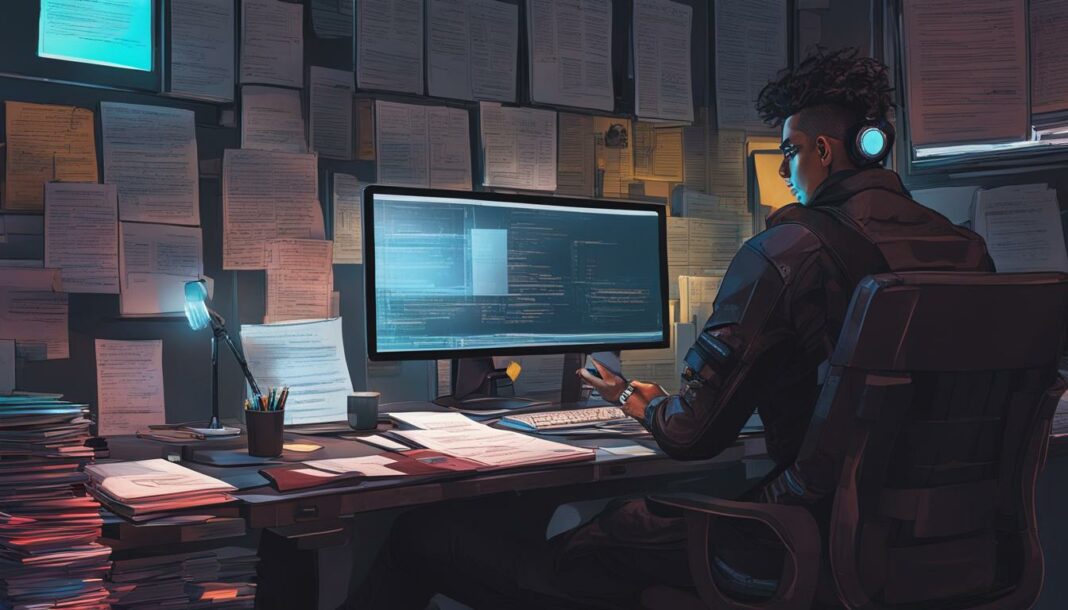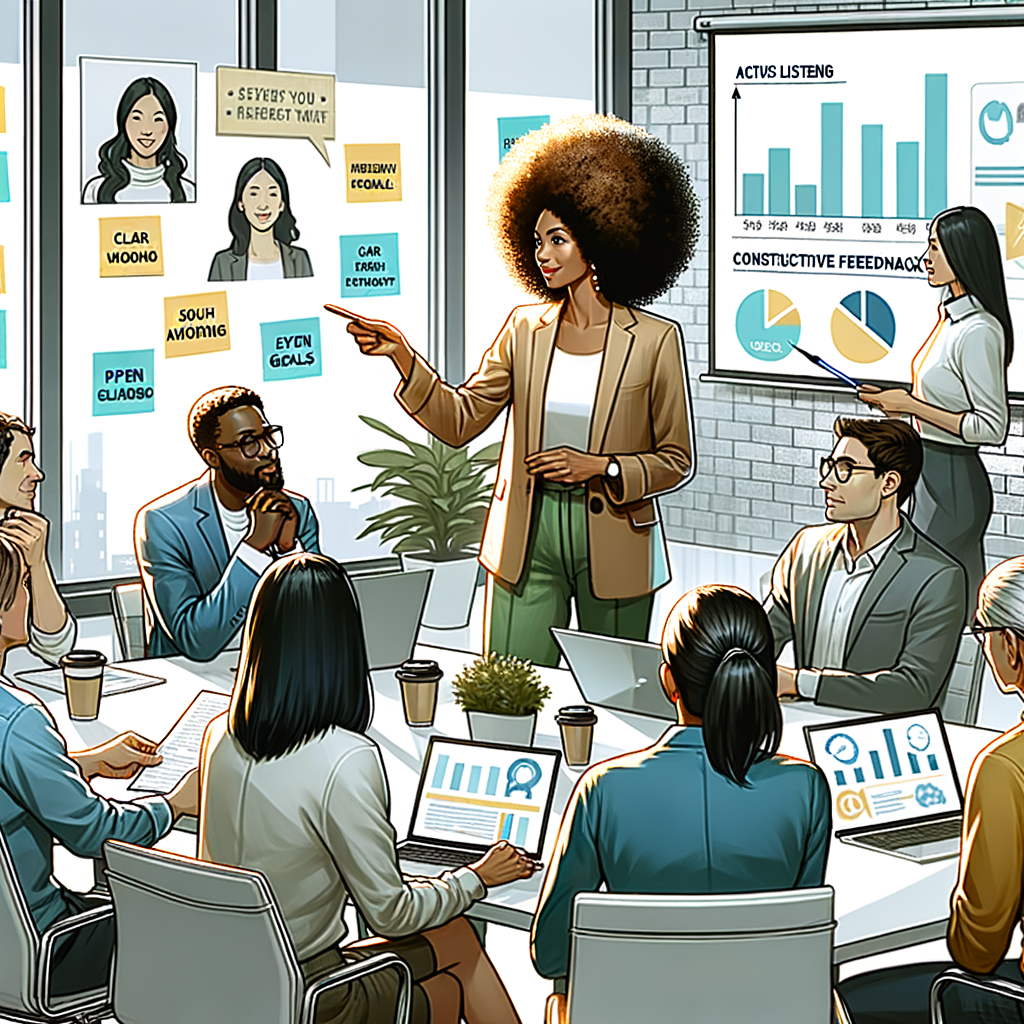Welcome to our definitive interview preparation guide. As we navigate the intricate world of job interviews together, we understand that your success hinges on more than just a polished resume—you need to embody confidence, charm, and intelligence. It is our aim to provide you with job interview strategies that are not only practical but will secure you that coveted ‘yes’. Whether you’re a seasoned professional or a fresh face in the job market, our insights are designed to help you ace your interview with poise and preparation.
Let us guide you through the nuances of this important career milestone, equipping you with the necessary tools for interview success. From unearthing insights about your potential employer to refining your responses to common interview questions, we’ve got you covered. Partner with us, and harness the power of preparation to turn every interview opportunity into a possible job offer.
Key Takeaways
- Understand the weight of preparation in achieving interview success.
- Learn vital job interview strategies to stand out among candidates.
- Develop a robust pre-interview routine to ace your interview.
- Tap into expert insights for a comprehensive interview preparation guide.
- Employ personalized approaches to showcase your unique qualifications and personality.
Understanding the Interview Process
The journey to landing that dream job is paved with various interview formats and stages—it’s essential to understand each facet to take on the process with confidence. As experts in career development, we’re here to guide you through the landscape of modern job interview practices, offering insights from the interviewer’s perspective and sharing proven interview preparation techniques. Join us as we decipher the milestones of the interview journey that await you.
What to Expect in Different Interview Formats
Interviews have evolved beyond the classic in-person meetings. In today’s world, candidates must be agile and prepared to impress in a variety of settings. You could find yourself in a traditional face-to-face, a panel interview, a group setting, or navigating the nuances of video interviews. Each format demands specific strategies—whether it’s ensuring a strong internet connection and a professional backdrop for virtual interviews or engaging attentively with multiple panelists in a group setting. Understanding these nuances is crucial for your interview success.

Decoding the Interviewer’s Perspective
Peering into the mind of an interviewer can unlock a treasure trove of insights that elevate your preparation. Interviewers are not just assessing your qualifications; they are sizing up your cultural fit, problem-solving abilities, and how you handle pressure. They want to see that you’re prepared, poised, and genuinely interested in the role and the company. Connect with them by showing you’ve done your homework and can articulate how your experience will benefit their organization.
Common Interview Stages and Timelines
Understanding the timeline and what each stage involves sets realistic expectations and helps you pace your preparation. Typically, the process starts with an initial screening call, followed by the first round of interviews. Progressing candidates may experience several rounds, from second interviews to technical tests or group interviews, depending on the industry and role. Each stage calls for more in-depth research and fine-tuning of your interview technique. Recognize the progression as an opportunity to reinforce your strengths and address any concerns the employer might have.
| Interview Stage | Objective | Preparation Focus |
|---|---|---|
| Screening Call | To verify candidate’s basic qualifications and interest | Understanding company basics and aligning your resume highlights |
| First Round | Assess skills and potential cultural fit | Articulating your experiences and how they map to the job requirements |
| Technical Test/Assessment | Evaluating specific job-related abilities | Honing in on technical skills and relevant industry knowledge |
| Group Interview | Gauging interpersonal and team dynamics | Practicing collaborative discussions and showcasing teamwork |
| Final Round | Making a final decision on fit and compatibility | Deep company research, preparing key questions, and final pitch refinement |
Arm yourself with these insights, and you are not just attending an interview—you are engaging in a strategic exchange designed to highlight your potential. By adopting tailored interview preparation techniques, you will transition through the various interview stages with finesse. It’s preparation meeting opportunity, and it starts here—the crux of interview success.
Personalized Interview Preparation Techniques
Personalized preparation isn’t just a buzzword in the job-seeking community; it’s an essential element of an effective interview approach. We believe that understanding the nuances of the role and company culture is fundamental to a candidate’s success. To facilitate this, our interview preparation guide is designed to help you tailor your preparation to make a striking impact.
The first step in personalizing your preparation is self-assessment. Knowing your strengths and how they align with the job you’re applying for is like fitting a key perfectly into a lock. Let’s break down this approach:
- Research: Delve deep into the company’s history, values, and recent achievements to understand what they truly value in their employees.
- Match Your Skills: Compare your skills to the job description. Highlight where you exceed expectations, using this as a backbone for your interview responses.
- Real-Life Examples: Prepare anecdotes and accomplishments that exemplify your skills. Stories resonate more than statements.
- Mirror the Culture: Companies look for candidates who can seamlessly fit into their environment. Showcase your adaptability and cultural fit.
It’s also important to conceptualize weaknesses as areas of improvement. Be honest with yourself and prepare to discuss these aspects tactfully, always tying them back to your commitment to professional growth.
Remember, the ultimate goal of personalized preparation is to present yourself as not just a qualified candidate, but the candidate that this company has been searching for.
In conclusion, your preparation should be as unique as the role you’re aspiring to fill. With a personalized strategy, you’re not just answering questions; you’re engaging in a conversation that could lead to your next big career move. Trust us, when you walk into the room with a plan crafted specifically for that company, it shows, and often, that’s the difference between a good candidate and the right candidate.
Crucial Interview Skills for Effective Communication
Mastering interview skills is more than just preparing answers to common questions; it involves a holistic approach to effective communication. This includes understanding and utilizing body language, being attuned to the nuances of conversation, and not just speaking, but also actively listening. Making a memorable first impression is also pivotal. Let’s explore how these elements come together to create a compelling interview presence.

Body Language and First Impressions
The moment you walk into the interview room, your body language begins to speak volumes about your confidence and enthusiasm. A firm handshake, steady eye contact, and an assured posture contribute significantly to first impressions. Mindful control of your non-verbal cues can set a positive tone for the dialogue that follows.
Art of Listening and Responding
Effective communication isn’t just about talking; it’s equally about listening. During an interview, it’s crucial to engage fully with the interviewer’s questions and comments. This means active listening—processing the information, asking clarifying queries, and responding thoughtfully. This approach not only shows respect for the interviewer’s input but also allows for more tailored and impactful replies.
Asking the Right Questions
Questions are powerful tools in interviews—they demonstrate your interest and deepen the conversation about the role and company. Crafting questions that reflect your knowledge of the industry and position shows foresight and engagement. Remember, an interview is a two-way street, and the queries you pose can reveal much about your mindset and priorities.
| Interview Aspect | Tips for Success |
|---|---|
| Body Language | Practice open, approachable postures; use gestures for emphasis; maintain friendly facial expressions |
| Listening Skills | Nod in agreement when appropriate; paraphrase to show understanding; avoid interrupting the speaker |
| Making an Inquiry | Research beforehand; ask about growth opportunities, company culture, and future challenges |
Interview Practice Routines for Confidence
The path to interview confidence is paved with diligent practice and a well-crafted preparation routine. To help our readers face the interview process with greater self-assurance, we delve into practical steps that transform nervous energy into a poised presentation.
Mock Interviews and Role Playing
Engaging in mock interviews and role-playing scenarios is a core element of effective interview practice. By simulating the interview environment, candidates can experiment with different response strategies and refine their delivery. The key is to create a realistic experience that prepares you for a variety of questions, from the predictable to the unexpected.
Major companies like Google and Amazon often have specific interviewing styles, and mock interviews tailored to these formats can be incredibly beneficial. Seeking out experienced professionals, perhaps through platforms such as LinkedIn, who can offer critical insights and conduct rehearsal interviews can multiply the benefits of this practice.
Leveraging Feedback for Improvement
One cannot underestimate the value of constructive feedback. Whether from a career coach, a mentor, or a trusted colleague, incisive critique helps identify areas in need of enhancement. After each mock interview session, take careful note of the feedback provided and integrate it into your practice. This process of continuous improvement bridges the gap between good and great interviewing skills.
Strategies for Overcoming Nervousness
It’s natural to feel a surge of anxiety before an interview. Overcoming this nervousness is essential for maintaining clarity of thought and presenting your best self. Incorporate relaxation techniques such as deep breathing or guided visualization into your routine to manage stress. Moreover, remind yourself that thorough preparation is the best antidote to nerves.
| Tactics for Nervousness | How It Helps | When to Use |
|---|---|---|
| Deep Breathing Exercises | Reduces stress levels and promotes calm | Before and during the interview |
| Positive Visualization | Boosts self-confidence and focus | During preparation and right before the interview |
| Power Poses | Increases feelings of power and assurance | In the waiting room or a private space prior to the interview |
By incorporating these routines into your interview preparation, you’re not only honing your answers but also your ability to deliver them with confidence. Remember that the goal is to transition from simply answering questions to telling your professional story with conviction. With dedicated interview practice, the daunting interrogation can become an engaging conversation, turning nervous apprehension into reliable interview confidence.
Conclusion
As we’ve navigated through the intricate maze of job interviews, our aim has been to arm you with the quintessential job interview strategies that lead to interview success. We’ve elaborated on personalized preparation techniques, dissected the need for effective communication, and emphasized the power of practice routines. Now, as we draw our insights to a close, we want to reinforce one simple truth: mastering your interview is wholly achievable when you’re equipped with the right tools and mindset.
In our journey together, we’ve uncovered interview tips that are nothing short of transformative. They’re the beacon that can guide any discerning candidate through the stormy sessions of Q&As and into the calm harbor of opportunity. Our discussion has bridged the gap from understanding the interview process to capitalizing on it, ensuring that you can ace your interview with confidence and poise. Remember, interview success isn’t an elusive dream—it’s the result of deliberate preparation and practiced finesse.
While the strategies we’ve imparted are robust, we acknowledge that the quest for perfection in interviews might sometimes require a helping hand. Therefore, we shed light on the virtues of interview coaching, a personalized service that offers deeper insight into the nuances of one-on-one interactions. Should you need tailored assistance, consider engaging with a coach who can refine your approach and elevate your interview prowess. With this comprehensive guide, you stand at the threshold of your next career leap—prepared, poised, and ready to impress.
FAQ
How can I ace my next job interview?
To ace your next job interview, begin with thorough research on the company and the role, and match your qualifications with the job requirements. Practice your answers to common interview questions and refine your communication skills. Ensure your interview attire is appropriate and arrive early to show punctuality. During the interview, listen actively, respond confidently, and ask insightful questions. Also, consider seeking professional interview coaching to enhance your interview preparation techniques and job interview strategies.
What different interview formats should I prepare for?
Be ready to adapt to various interview formats, including in-person, phone, and video interviews. Each type has its own nuances. For example, in-person interviews require attention to body language, phone interviews rely heavily on vocal clarity and tone, while video interviews demand a good understanding of technology and framing. Mastering each format can greatly influence your interview success.
What does the interviewer really want to know about me?
Interviewers are looking to understand your skills, experience, and whether you fit the company culture. They also assess your problem-solving abilities, work ethic, and potential for growth within the company. Demonstrating how your goals align with the company’s objectives and showing genuine enthusiasm for the role can help you connect with the interviewer’s perspective.
How should I personalize my interview preparation?
Tailor your preparation by researching the specific company and role you’re applying for. Analyze the job description, identify the required skills and competencies, and prepare to speak about experiences that showcase your qualifications in those areas. Align your personal brand with the company’s culture and values, and prepare anecdotes that highlight how you embody these elements.
What non-verbal cues should I be aware of during an interview?
Non-verbal cues such as a firm handshake, eye contact, and good posture convey confidence and professionalism. Be mindful of your facial expressions and gestures, ensuring they reflect engagement and interest. Manage nervous habits like fidgeting, and balance appearing relaxed with demonstrating enthusiasm throughout the conversation.
How can I become more confident in interviews?
Building confidence for interviews involves preparation and practice. Engage in mock interviews, record yourself answering questions, and seek feedback to improve. Familiarize yourself with common interview questions and develop strong answers. Techniques such as deep breathing and positive visualization can also help to reduce anxiety and promote confidence during actual interviews.











